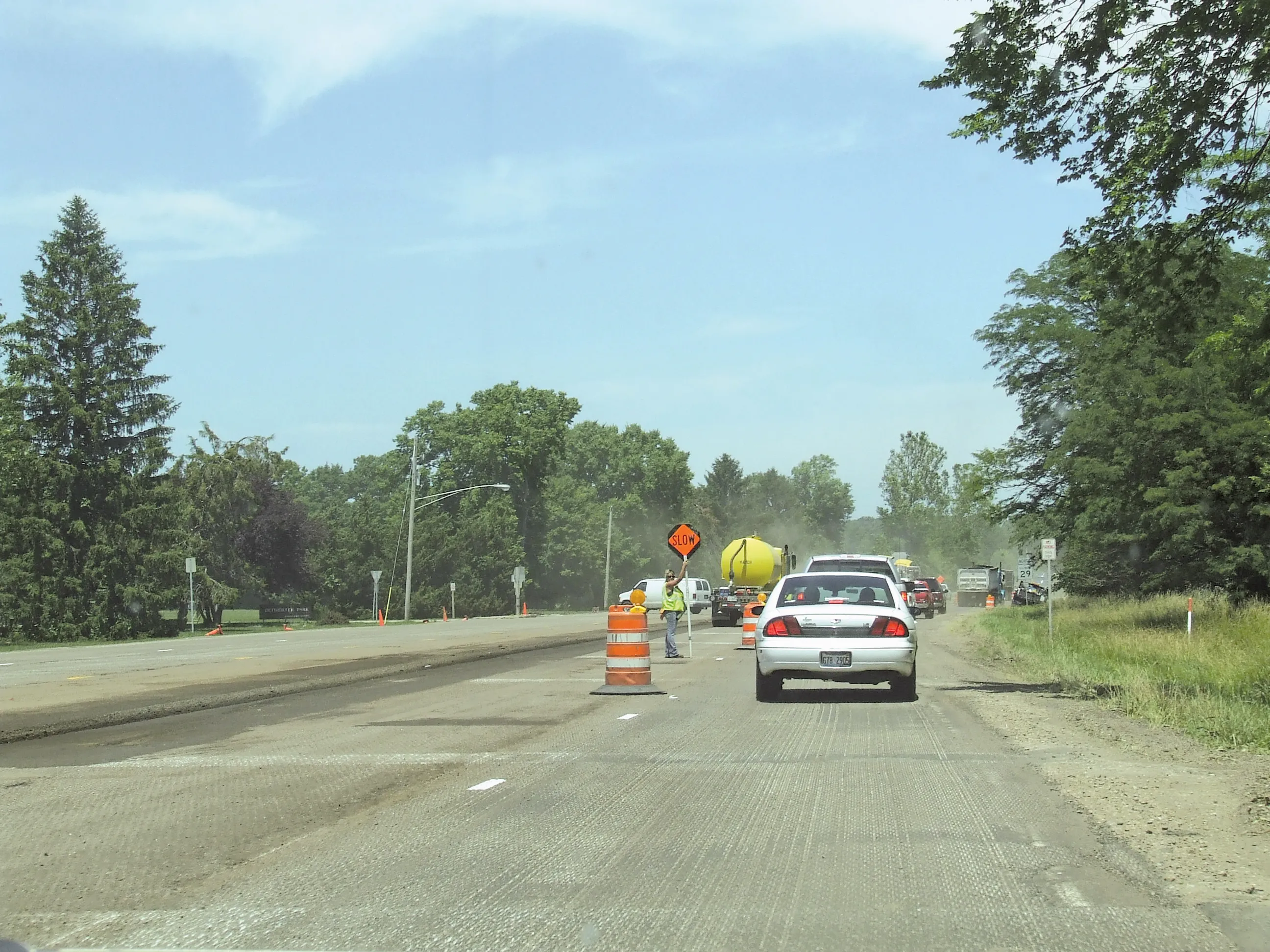After a long series of delays, the US Government has finally managed to agree the latest highway reauthorisation bill. This comes after numerous short term extensions of the previous bill, due to political stalemate. The short term extensions were not sufficient to allow firms to invest and this situation stunted construction activity in the country. With the bill now in place, contractors will be able to look forward to some transport spending, and will likely increase spending on replacing old constructio
September 27, 2012
Read time: 3 mins

After a long series of delays, the 908 US Government has finally managed to agree the latest highway reauthorisation bill. This comes after numerous short term extensions of the previous bill, due to political stalemate. The short term extensions were not sufficient to allow firms to invest and this situation stunted construction activity in the country. With the bill now in place, contractors will be able to look forward to some transport spending, and will likely increase spending on replacing old construction equipment.
Speaking after the announcement, US transportation secretary Ray LaHood said, “This is a good, bipartisan bill that will create jobs, strengthen our transportation system and grow our economy. It builds on our safety efforts. The bill also provides states and communities with two years of steady funding to build the roads, bridges and transit systems they need.”
The funds for transportation projects will come from the Highway Trust Fund as well as general taxation. The highway bill also gives various states greater freedom to use the federal highway funds as they wish, allowing them to opt out of non-road items and focus on highway projects.
However industry figures have been cautious in response to the bill. President and CEO of the0 American Road & Transportation Builders Association (ARTBA), Pete Ruane, explained that in the short term, the bill will provide stability in federal funding for state and local transportation projects. He added that allowing the states greater freedom to use funds as they see fit will also lead to better targeting of investment for road projects. But Ruane pointed out that for all the positive words of the new bill, there is no additional funding. He said, “even with their federal funds, we are now in a situation where 28 states have invested less in highway and bridge projects over the past 12 months than they did in pre-recession 2008, even when adjusted for inflation.”
Ruane said that the bill provides the first step in making the policy reforms needed to ensure transportation is a priority. However he said that sufficient sources of funding will still have to be found for the transport infrastructure investment required. US transportation expert Ken Orski backed up Ruane and said, “The overall bill failed to address the widening gap between federal highway and transit spending and the user-tax revenues that support the Highway Trust Fund.”
Until this issue is addressed, progress on infrastructure development, including the expansion of the Interstate system, will be limited.
The same problems can be seen throughout most of the world’s developed nations. No new funds are available for road investment, and the on going financial problems mean that this shortfall will not soon disappear. Even in countries such as France, with extensive networks of tolled highways, there is a massive shortfall with regard to spending for trunk and urban roads. Speaking at the recent Eurobitume conference in Istanbul, Andre Broto, vice president of French highway firm6031 Cofiroute, said that his country’s 12,000km of state-owned national roads require €6 billion just for maintenance and a further €22 billion for necessary expansion, “The problem is how to find €28 billion for national roads.” And he added that France’s rural and urban roads also require investment. He said, “Our main transportation systems: airports, rail, motorways, are nothing without ordinary roads and we need to find some way of investing in them.”
Speaking after the announcement, US transportation secretary Ray LaHood said, “This is a good, bipartisan bill that will create jobs, strengthen our transportation system and grow our economy. It builds on our safety efforts. The bill also provides states and communities with two years of steady funding to build the roads, bridges and transit systems they need.”
The funds for transportation projects will come from the Highway Trust Fund as well as general taxation. The highway bill also gives various states greater freedom to use the federal highway funds as they wish, allowing them to opt out of non-road items and focus on highway projects.
However industry figures have been cautious in response to the bill. President and CEO of the
Ruane said that the bill provides the first step in making the policy reforms needed to ensure transportation is a priority. However he said that sufficient sources of funding will still have to be found for the transport infrastructure investment required. US transportation expert Ken Orski backed up Ruane and said, “The overall bill failed to address the widening gap between federal highway and transit spending and the user-tax revenues that support the Highway Trust Fund.”
Until this issue is addressed, progress on infrastructure development, including the expansion of the Interstate system, will be limited.
The same problems can be seen throughout most of the world’s developed nations. No new funds are available for road investment, and the on going financial problems mean that this shortfall will not soon disappear. Even in countries such as France, with extensive networks of tolled highways, there is a massive shortfall with regard to spending for trunk and urban roads. Speaking at the recent Eurobitume conference in Istanbul, Andre Broto, vice president of French highway firm






